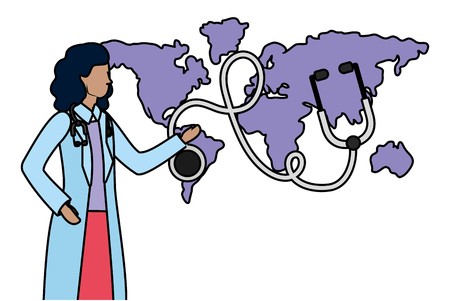In today’s lecture we discussed what health geography is and the types of problems that are explored in the field. Health care geography is generally concerned with disease ecology, health care delivery, and how the environment impacts human health. Brian mentioned an emerging trend of wellness geography research that studies where people are well and healthy in the world. Health has always been intimately related to geography and I learned fluoride is actually in toothpaste because of work related to health geography.
There are many approaches you can take in health geography. All carry assumptions about society and what is deemed natural. For example, a humanistic approach would emphasize qualitative research and see illness as socially constructed with one’s perception of health as a major determinant of health. There are also cultural, structural, and spatial approaches to the strands that make up health geography research.
In the history of health geography, medical geography was initially the norm and research was led by physicians, which tended to have a heavy colonial influence. Brian explained that because GIS depends so much on quantitative data that geographers and social theorists remained very critical of GIS research. So there has been a shift in health geography from having traditional perspectives of disease and health as naturally occurring to a more nuanced perspective that relates human health to power relations. Brian noted that the BC government failed to acknowledge Lyme disease because ticks weren’t supposed to cross borders.
